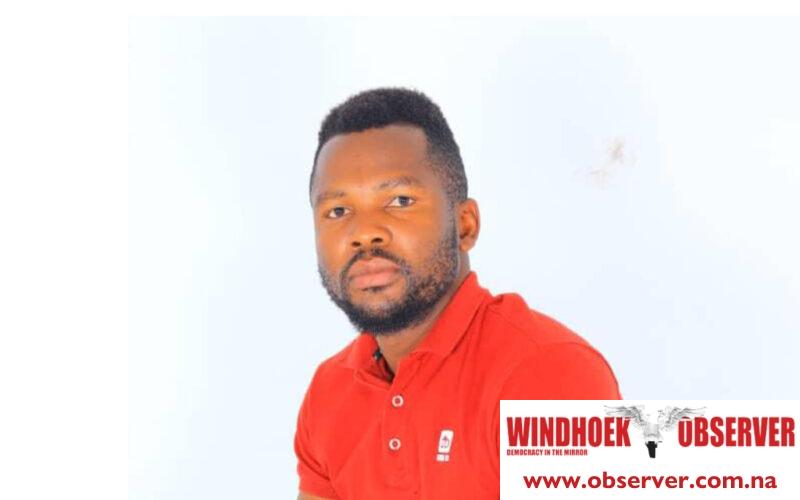Sakaria Johannes
As Namibia approaches the upcoming elections on November 27, 2024, the protection of political rights and freedom emerges as a critical concern.
At the heart of this discourse lies Article 17 of the Namibian Constitution, which guarantees every citizen the right to engage in peaceful political activities aimed at influencing government policies and composition. This includes the right to form and join political parties and to participate in public affairs directly or through freely chosen representatives, subject to legal qualifications necessary in a democratic society.
Constitutional Guarantees and Recent Concerns
Recent events have starkly highlighted the importance of these constitutional protections. Incidents such as a citizen driving into a crowd of Independent Patriots for Change (IPC) members and a near collision involving the IPC President’s car have shaken public confidence. These acts not only jeopardize the safety of individuals but also pose a threat to the principles of democratic engagement and political freedom upheld by Article 17.
Namibia’s commitment to democracy requires vigilant protection of these rights against all forms of interference and intimidation. The incidents mentioned are not isolated; they underscore broader challenges to the democratic process, where political expression is met with hostility or violence. Such actions undermine the foundational values of inclusivity, tolerance, and fair competition that are essential for a healthy democracy.
Protecting Democratic Ideals
In a robust democracy like Namibia’s, citizens must have the freedom to express their political views without fear of harm or reprisal. This includes the right to campaign peacefully, engage in public debates, and advocate for their preferred candidates and policies. Upholding this freedom ensures that individuals can participate fully in shaping their country’s future, contributing to a vibrant political discourse that reflects diverse perspectives and interests.
Campaigning Responsibly
While campaigning is an integral part of democratic elections, it must be conducted responsibly and within the bounds of the law. Political leaders and their supporters bear a responsibility to uphold ethical standards and respect for the rule of law throughout the electoral process. Any acts of aggression or deliberate disruption of political activities undermine the integrity of elections and erode public trust in democratic institutions.
Conclusion
As Namibians prepare to exercise their right to vote later this year, it is crucial for all stakeholders — political leaders, civil society organizations, law enforcement agencies, and citizens — to reaffirm their commitment to upholding the constitutional guarantees of political freedom and expression. By ensuring strict adherence to Article 17 and promoting a culture of respect for democratic values, Namibia can strengthen its democratic foundations and ensure a fair and transparent electoral environment.
The upcoming elections should not only serve as a test of political will but also as a reaffirmation of Namibia’s dedication to safeguarding the democratic rights of its citizens against all forms of interference and intimidation. By addressing recent incidents and reaffirming commitments to democratic principles, Namibia can set a positive example for the region and the world, demonstrating its resilience in the face of challenges to democratic governance.
Sakaria Johannes is a political studies and history graduate from the University of Namibia.




